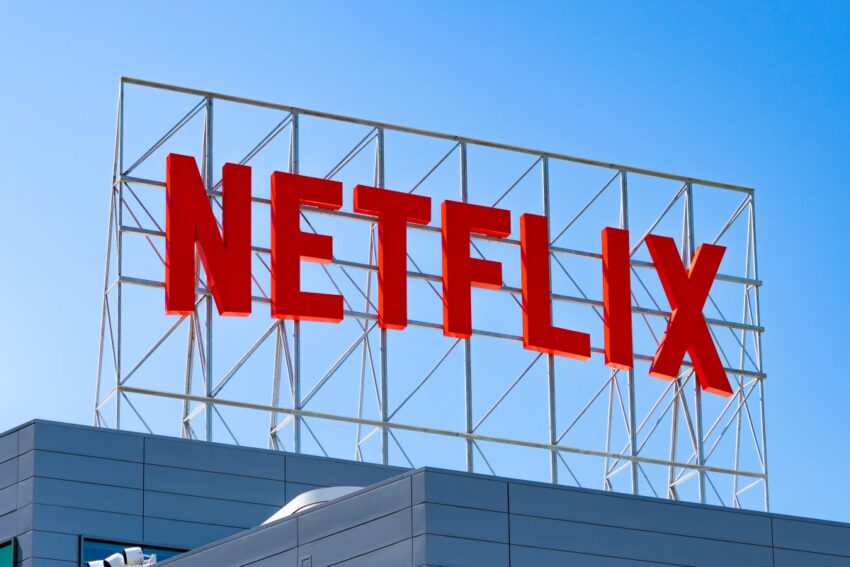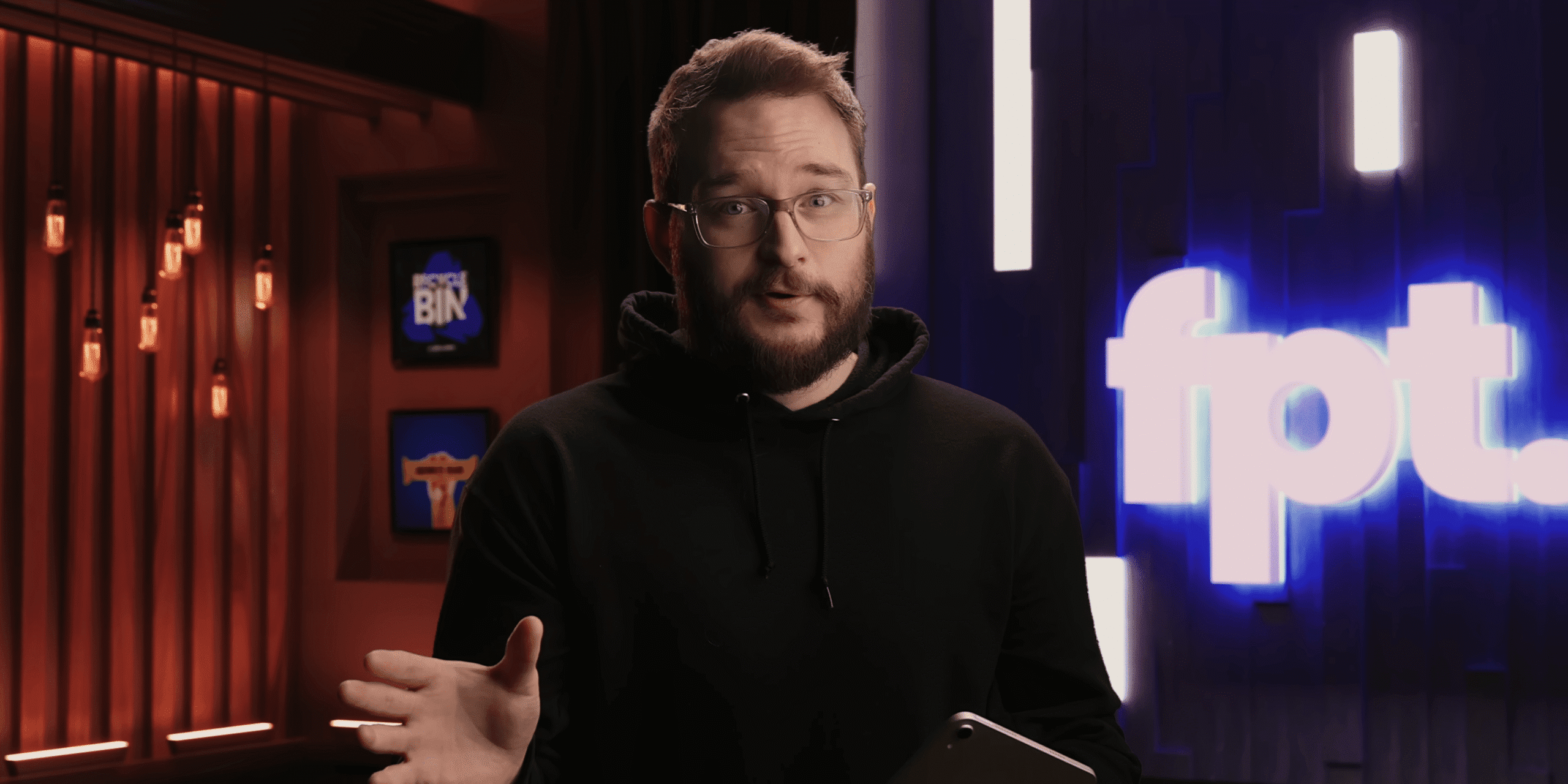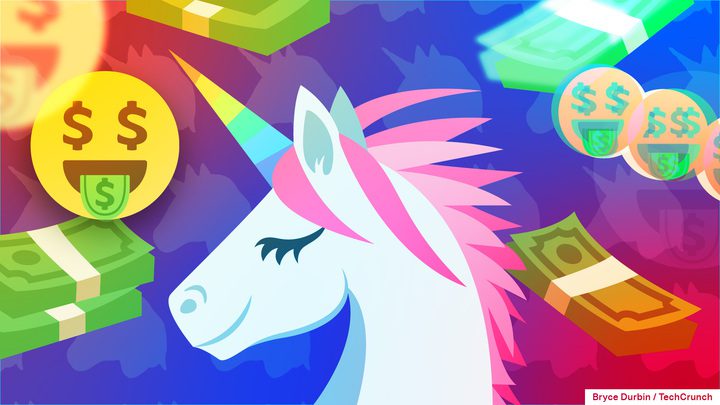
netflix goes all in on generative ai Netflix is significantly increasing its investment in generative AI technologies, a move that has sparked both excitement and concern within the entertainment industry.
netflix goes all in on generative ai
Netflix’s Commitment to Generative AI
In a recent announcement, Netflix revealed its plans to fully embrace generative AI, aiming to revolutionize various aspects of content creation. The streaming giant is already utilizing AI technologies for special effects and pre-production processes, enhancing its ability to deliver high-quality content efficiently. This strategic shift underscores Netflix’s commitment to staying at the forefront of technological advancements in the entertainment sector.
AI in Special Effects and Pre-Production
Netflix’s application of AI in special effects is particularly noteworthy. By leveraging generative AI, the company can create visually stunning effects that were once time-consuming and costly. This technology enables filmmakers to visualize complex scenes and effects before they are physically created, allowing for more creative freedom and experimentation. The AI can generate realistic simulations, which can be adjusted in real-time, providing directors and producers with immediate feedback on their creative choices.
In addition to special effects, Netflix is also integrating AI into its pre-production workflows. This includes script analysis, casting decisions, and even location scouting. By analyzing vast amounts of data, AI can help identify trends and preferences, allowing Netflix to make more informed decisions about the content it produces. This data-driven approach not only streamlines the production process but also enhances the likelihood of creating content that resonates with audiences.
CEO Ted Sarandos on Creativity and AI
Despite the growing reliance on AI technologies, Netflix CEO Ted Sarandos has expressed confidence that AI will not replace human creativity. In a recent statement, he emphasized that the company is “not worried about AI replacing creativity.” Instead, Sarandos views AI as a tool that can augment the creative process, allowing artists to focus on their craft while AI handles more mundane tasks.
The Human Element in Content Creation
The entertainment industry has long been characterized by its reliance on human creativity, storytelling, and emotional connection. Sarandos’s assertion reflects a broader belief among many industry leaders that while AI can enhance certain aspects of production, it cannot replicate the unique human touch that defines compelling storytelling. This perspective is crucial in an industry where audience engagement is paramount.
Moreover, Sarandos’s comments align with a growing sentiment that AI should be viewed as a collaborator rather than a competitor. By automating repetitive tasks, AI allows creators to dedicate more time to ideation and innovation. This symbiotic relationship between AI and human creativity could lead to groundbreaking content that pushes the boundaries of traditional storytelling.
Industry Reactions and Concerns
While Netflix’s bold move into generative AI has garnered attention, it has also raised concerns among various stakeholders in the entertainment industry. Some creators and industry professionals worry that an overreliance on AI could dilute the authenticity and emotional depth of storytelling. The fear is that if studios prioritize efficiency and cost-cutting through AI, the unique voices and perspectives that enrich narratives may be sidelined.
Balancing Innovation and Artistic Integrity
The challenge for Netflix and other companies adopting AI technologies lies in finding the right balance between innovation and artistic integrity. As the industry evolves, it will be essential for creators to maintain their distinct voices while leveraging AI to enhance their work. This balance will be crucial in ensuring that the content produced remains relatable and emotionally resonant.
Furthermore, the debate surrounding AI in entertainment raises questions about authorship and ownership. As AI-generated content becomes more prevalent, issues related to copyright and intellectual property rights may arise. Who owns the rights to a script or a piece of music generated by AI? These questions will need to be addressed as the industry navigates the complexities of integrating AI into creative processes.
The Broader Implications of AI in Entertainment
Netflix’s foray into generative AI is part of a larger trend within the entertainment industry. Other companies are also exploring AI technologies to enhance their production capabilities. This shift has the potential to reshape the landscape of content creation, distribution, and consumption.
Changing Production Dynamics
As AI tools become more sophisticated, the dynamics of production may change significantly. Smaller studios and independent creators may gain access to advanced technologies that were previously available only to major studios. This democratization of technology could lead to a more diverse range of stories being told, as creators from various backgrounds can leverage AI to bring their visions to life.
Additionally, AI’s ability to analyze audience preferences and trends can help studios tailor their content more effectively. By understanding what resonates with viewers, companies can create targeted marketing strategies and develop content that aligns with audience expectations. This data-driven approach could lead to higher engagement rates and ultimately drive subscription growth.
Future Prospects for Generative AI in Entertainment
Looking ahead, the future of generative AI in entertainment appears promising. As technology continues to evolve, the possibilities for its application are virtually limitless. From virtual reality experiences to interactive storytelling, AI could play a pivotal role in shaping the next generation of entertainment.
Ethical Considerations
However, with great power comes great responsibility. The ethical implications of using AI in entertainment cannot be overlooked. As companies like Netflix push the boundaries of what AI can achieve, it is essential to consider the potential consequences of these advancements. Issues such as data privacy, algorithmic bias, and the impact on employment within the industry must be addressed proactively.
Moreover, as AI-generated content becomes more prevalent, the distinction between human-created and AI-generated works may blur. This raises questions about authenticity and the value of human creativity in an increasingly automated world. The industry must navigate these challenges carefully to ensure that the integration of AI enhances rather than undermines the art of storytelling.
Conclusion
Netflix’s decision to go “all in” on generative AI reflects a significant shift in the entertainment landscape. While the technology offers exciting opportunities for innovation and efficiency, it also raises important questions about the future of creativity, authorship, and ethical considerations in content creation. As the industry grapples with these challenges, it will be crucial for stakeholders to engage in thoughtful discussions about the role of AI in shaping the future of entertainment.
Source: Original report
Was this helpful?
Last Modified: October 22, 2025 at 6:36 am
3 views















